Page 10 • (681 results in 0.041 seconds)
-
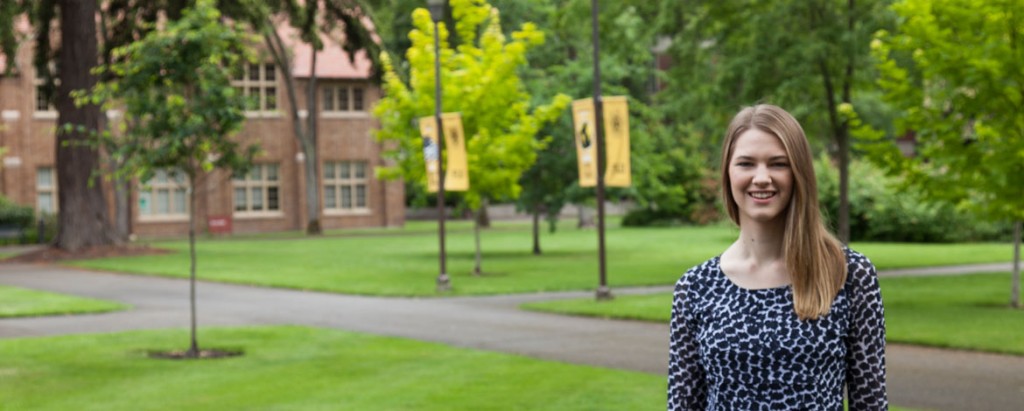
TACOMA, WASH. (Sept. 20, 2016)- This summer, Taylor Bozich ’17 affirmed what she long assumed to be true about humanitarian work — it isn’t easy. She also reaffirmed that’s exactly the kind of work she wants to do after graduating from Pacific Lutheran University. Bozich…
pool,” St. Clair said. “But the students who do this are ready for it.” Award amounts vary. The highest so far has been $3,500. The lowest hovered around $700. Sometimes three awards are given, other times only one. The work is often done abroad, but domestic opportunities are acceptable so long as they have an international scope. Applications may be accepted as early as the fall, but all are due by March 10. “It’s good for students to start planning early,” St. Clair said. A primary goal of the
-
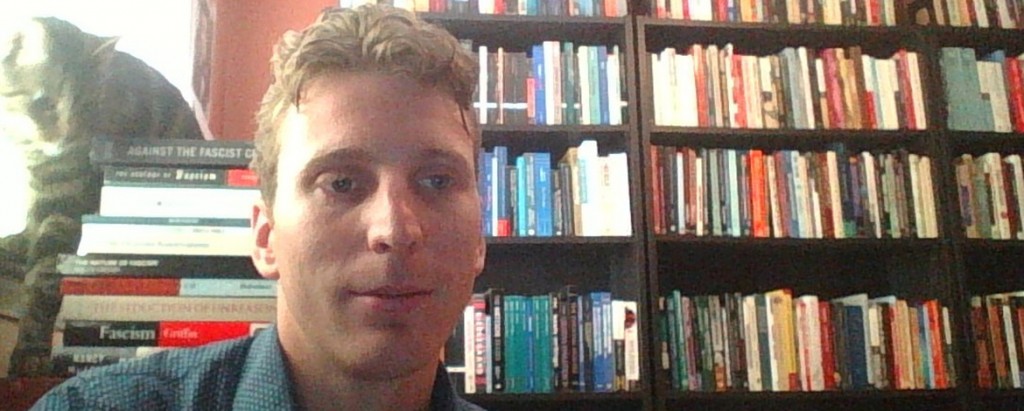
Philosophy professor Adam Arnold is a new addition to PLU’s faculty. Originally from the Tacoma area, he earned a Bachelor of Arts degree from the University of Washington, Tacoma in 2009. From there, he earned the opportunity to study away at Johann Wolfgang Goethe University…
Frankfurt. While studying in Germany, he became interested in European Philosophy, and wanted to pursue more education in Europe. From Frankfurt, Dr. Arnold went to the University of Warwick in England where he earned his master’s degree as well as his PhD.Dr. Arnold says that his PhD dissertation focused on, “issues at the intersections of political and social philosophy and social ontology. As is evident, authority figures permeate our daily lives, particularly, our political lives.” His question
-
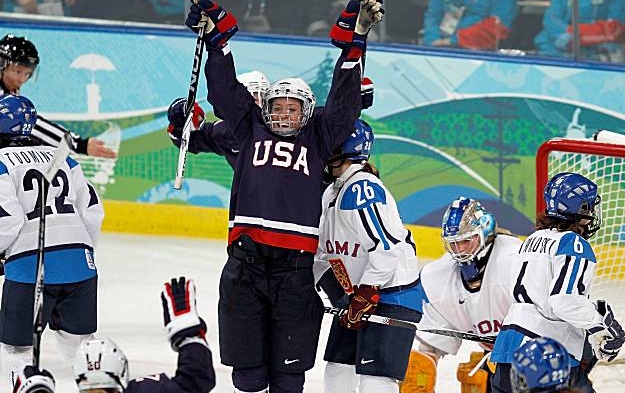
From PLU to Sochi: Professor Colleen Hacker teaches teams, individuals to possess a gold-medal attitude. By Barbara Clements, Content Development Director PLU Kinesiology Professor Colleen Hacker knows all the Olympics predictions, all the stats for the U.S. Women’s Hockey Team. World champs. Favored to win the…
laughed, as she set about packing this week to first meet up with the Team USA in Boston on Friday, and then fly together to Germany and then on to Sochi. “But if you start thinking about the quarter finals before you get out of that first group, you’re in trouble,” she said. “You need to stay focused on what’s in front of you.” Dr. Colleen Hacker, Professor of Kinesiology and Mental Skills Coach of the US Women’s Hockey Team. Photo by PLU Photographer John Froschauer. And to think and act like a team
-
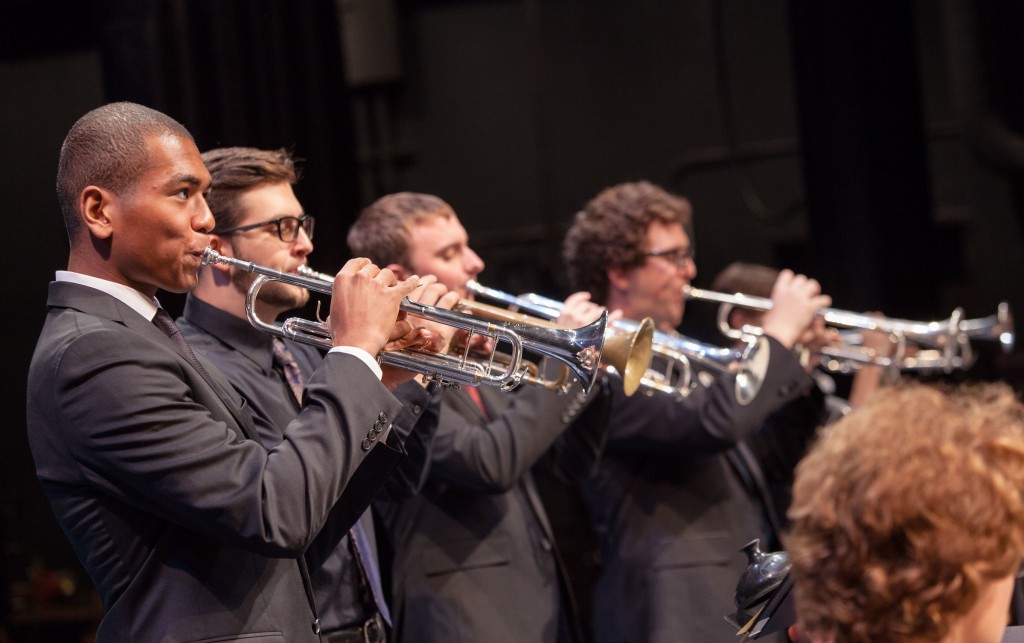
On Friday, May 11th, the public is invited to a collaborative concert featuring the Stadium High School Jazz Band, the Pacific Lutheran University Jazz Ensemble and special guest and world renowned saxophonist, Vincent Herring. Thanks to a generous endowment established by PLU alumnus Dr. Richard…
Carnegie Hall Big Band. Vincent tours frequently around the United States, Europe, Japan and China. Vincent continues to share his distinct voice and musical knowledge, as a performer and jazz educator. He is currently on staff at William Paterson University and at Manhattan School of Music. The University Jazz Ensemble, currently under the direction of Dr. Jared Hall, is a critically-acclaimed large ensemble representing jazz and creative music at Pacific Lutheran University. The ensemble performs
-
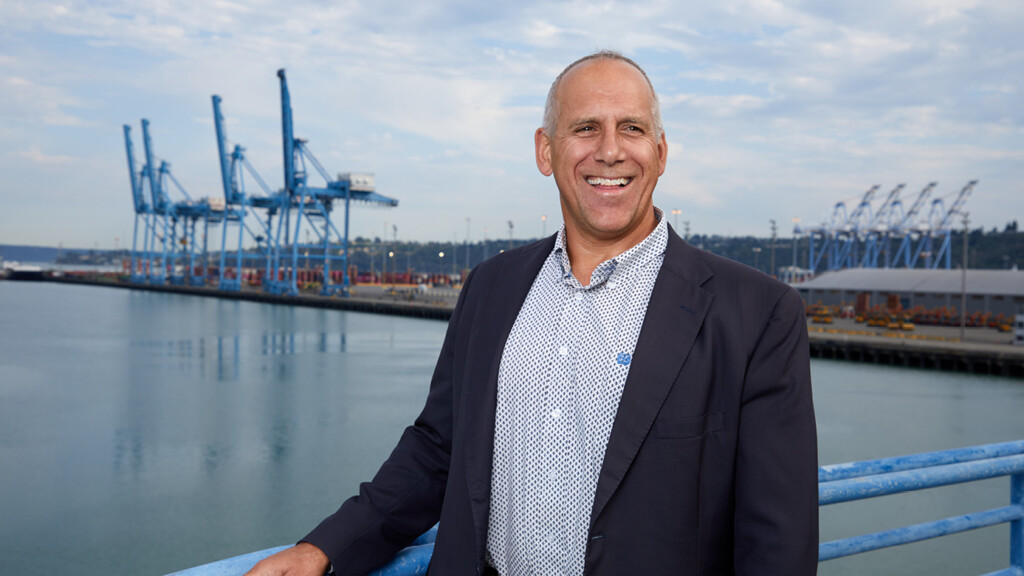
Shortly after John Wolfe ’87 graduated from PLU he went to work for a Seattle-based company called SeaLand Shipping Line. In the years that followed he worked in sales, marketing, and operations for a variety of marine cargo companies and agencies. Eventually, he was appointed…
customer base to help them increase their business and strategize on how we can position the region for growth. I also didn’t realize this early on. I have a passion for serving the community and the state. We do this by helping create jobs in our region. These are incredibly attractive jobs that are well paying, fully benefited, and widely accessible. Whether you are a high school graduate, you have some experience in the trades, or have a bachelor’s or master’s degree – we are creating jobs that are
-
PLU professor to speak at the Second Annual Peter Berger Lecture at Boston University PLU Professor of Anthropology Elizabeth Brusco will speak at the Second Annual Peter Berger Lecture in the Comparative Study of Religion at Boston University. The lecture will be at 5 p.m.…
.” Her published work includes a book on the evangelical movement, “The Reformation of Machismo” (University of Texas Press 1995), and written pieces on gender roles in Colombia and religious persecution in that country. The Peter Berger Lecture is named for the former founder and director of the the Institute on Culture, Religion and World Affairs at Boston University. He is now a retired professor at the university, but remains active. The lecture series aims to bring in distinguished scholars in
-

By Michael Halvorson ’85, Professor of History. When Dwight D. Eisenhower was a young officer in the U.S. Army, he was responsible for protecting his troops during the 1918 Pandemic that threatened military bases in the U.S. This is one of the fascinating stories about…
prepare for deployment to France. Men in the tank battalion considered themselves an elite corps whose tanks would play a decisive role in winning the war. Initially, Captain Eisenhower believed he would command the battalion in Europe. His dreams collapsed, however, when his superior Colonel Welborn decided that Eisenhower was too valuable as a trainer to be sent off to war. Instead, in March 1918 Ike was dispatched to Camp Colt at Gettysburg, Pennsylvania, to establish the Army’s Tank Corps
-
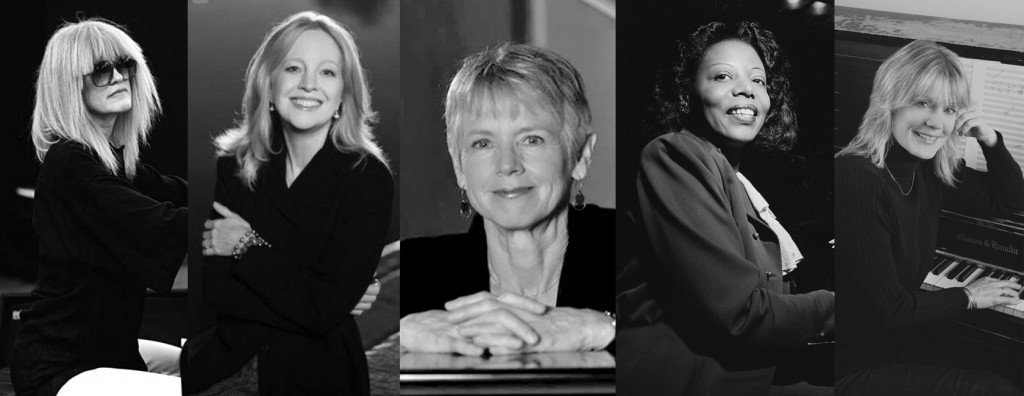
The University Jazz Ensemble , a 19-piece performing group, will present the concert A Tribute to Women Composers on Friday, November 8, 2019 at 8 PM. Featuring the work of five female jazz composers, the concert will be held in Eastvold Auditorium in the Karen…
composers: Mary Lou Williams, Maria Schneider, Patty Darling, Ellen Rowe, and Carla Bley. The pieces presented at this concert represent a small sample of a body of compositions that have been growing steadily over the decades. With music written as early as in the 1930s and as recently as five years ago, this concert will span many eras and iterations of jazz, from swing era “popular” music to bold, modern works. Cassio Vianna, Director of Jazz Studies and Assistant Professor of Music, assembled the
-

By Shunying Wang ’15 PLU Marketing & Communications Student Worker It’s an especially busy—and newsy—year for PLU’s renowned Choir of the West, including the return of Dr. Richard Nance, Director of Choral Activities and conductor of the choir, who’s back from a yearlong sabbatical. During…
repertoire,” Nance said. “I am probably going to spend the majority of this year just trying to sort through all the repertoire I came back with.” When in Sweden, Nance met with Gary Graden, an American conductor who works at the Stockholm Cathedral, and conductor Stefan Parkman from Uppsala University. Those visits resulted in important contacts for Choir of the West’s 2015 spring tour to Northern Europe, right after Commencement in May. In Estonia, Nance learned about Estonian repertoire through
-
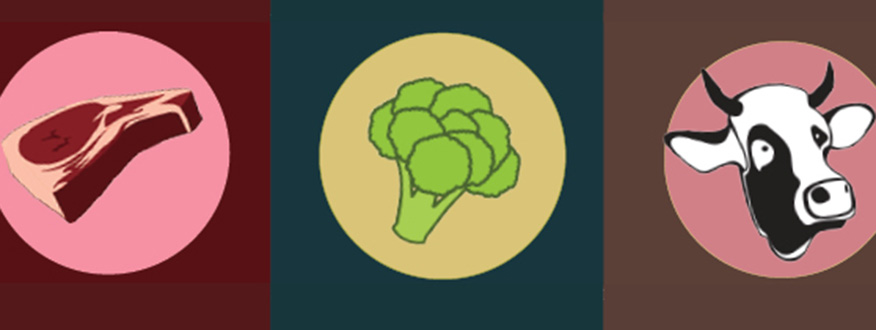
What goes into the production of a quarter pound burger? According to J.L. Capper in The Journal of Animal Science, 6.7 pounds of feed, 52.8 gallons of drinking water, 74.5 square feet of grazing, and the equivalent amount of energy it takes to run a microwave…
Philosophy from Penn State University. He regularly teaches courses in ethics, social and political philosophy, and business ethics, as well as courses in early modern philosophy, 19th and 20th century continental philosophy, and the philosophy of race. “Many have begun to consider seriously the ethics of producing food under such conditions and, indeed, the ethics of eating animals in general. I look forward to participating in a public debate about these issues in order to bring them more clearly into
Do you have any feedback for us? If so, feel free to use our Feedback Form.


